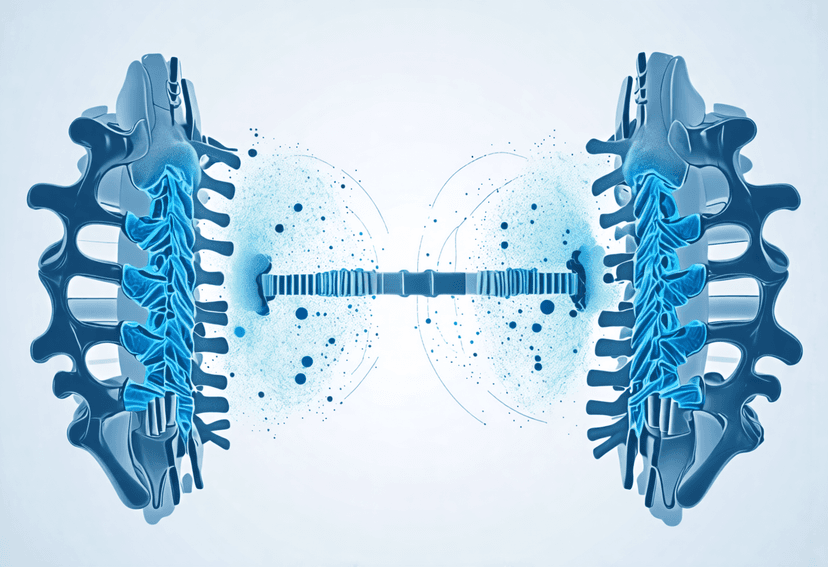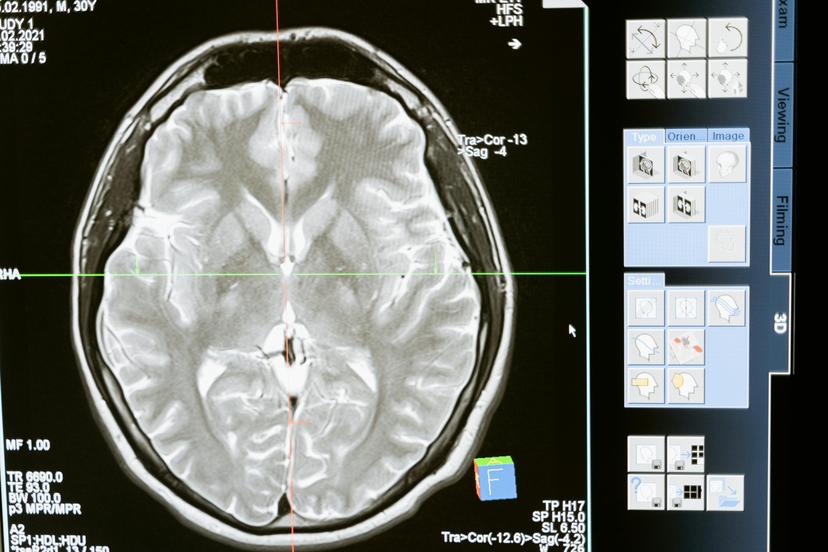
Chemotherapy for Ovarian Cancer
20 Oct, 2024
 Healthtrip
HealthtripOvarian cancer is a silent killer that affects millions of women worldwide, often diagnosed at an advanced stage when treatment options are limited. The disease is a leading cause of cancer-related deaths in women, and the statistics are alarming - according to the American Cancer Society, in 2022, approximately 19,880 new cases of ovarian cancer were diagnosed in the United States alone, with 12,810 women succumbing to the disease. However, with advancements in medical technology and treatment options, there is hope for women diagnosed with ovarian cancer. One of the most effective treatment options for ovarian cancer is chemotherapy, which has improved the survival rates and quality of life for countless women. In this blog, we will delve into the world of chemotherapy for ovarian cancer, exploring how it works, its benefits, and what to expect during treatment.
What is Chemotherapy?
Chemotherapy is a type of cancer treatment that uses drugs to kill cancer cells. It is often used in conjunction with surgery and radiation therapy to treat ovarian cancer. Chemotherapy works by targeting cancer cells that are rapidly dividing and growing, which is a hallmark of cancer. The drugs used in chemotherapy are designed to kill these cells, thereby slowing the growth of the tumor and reducing symptoms. In the case of ovarian cancer, chemotherapy is usually administered after surgery to remove the tumor, and it can be used to treat both early-stage and advanced-stage disease.
Most popular procedures in India
How Does Chemotherapy Work?
Chemotherapy drugs are designed to target specific molecules that are involved in the growth and division of cancer cells. There are several types of chemotherapy drugs, each with its own mechanism of action. Some drugs work by damaging the DNA of cancer cells, preventing them from dividing and growing. Others inhibit the production of proteins that are necessary for cell growth. Chemotherapy drugs can be administered orally, intravenously, or directly into the abdominal cavity, depending on the type of cancer and the stage of the disease. In the case of ovarian cancer, chemotherapy is usually administered intravenously, with the drugs being injected into a vein in the arm or hand.
Wellness Treatments
Give yourself the time to relax
Lowest Prices Guaranteed!

Lowest Prices Guaranteed!
Benefits of Chemotherapy for Ovarian Cancer
Chemotherapy is a highly effective treatment option for ovarian cancer, offering several benefits for women diagnosed with the disease. One of the primary benefits is that it can improve survival rates. Studies have shown that chemotherapy can increase the five-year survival rate for women with ovarian cancer, particularly when combined with surgery. Chemotherapy can also reduce the risk of recurrence, which is a major concern for women diagnosed with ovarian cancer. Additionally, chemotherapy can alleviate symptoms such as abdominal pain, bloating, and fatigue, which are common in women with ovarian cancer.
Types of Chemotherapy for Ovarian Cancer
There are several types of chemotherapy drugs used to treat ovarian cancer, each with its own benefits and side effects. The most commonly used chemotherapy drugs for ovarian cancer include carboplatin, cisplatin, and paclitaxel. Carboplatin is a platinum-based drug that is often used in combination with paclitaxel, a taxane-based drug. Cisplatin is another platinum-based drug that is sometimes used in combination with other chemotherapy drugs. The type of chemotherapy drug used depends on the stage of the disease, the patient's overall health, and the presence of any other medical conditions.
What to Expect During Chemotherapy
Undergoing chemotherapy can be a daunting experience, but knowing what to expect can help alleviate anxiety and fear. Before starting chemotherapy, women should talk to their doctor about the potential side effects, which can include hair loss, fatigue, nausea, and vomiting. It is essential to follow the doctor's instructions carefully and attend all scheduled appointments. During chemotherapy, women may experience a range of emotions, from anxiety and fear to hope and optimism. It is crucial to have a strong support system in place, including family, friends, and a therapist or counselor.
Managing Side Effects
While chemotherapy can be an effective treatment option for ovarian cancer, it can also cause a range of side effects. The most common side effects include hair loss, fatigue, nausea, and vomiting. To manage these side effects, women can take several steps. For example, they can wear a cold cap to reduce hair loss, take anti-nausea medications to alleviate nausea and vomiting, and engage in gentle exercise to reduce fatigue. It is essential to talk to the doctor about any side effects experienced during chemotherapy, as they can often be managed with medication or other interventions.
Conclusion
Ovarian cancer is a devastating disease that affects millions of women worldwide. However, with advancements in medical technology and treatment options, there is hope for women diagnosed with the disease. Chemotherapy is a highly effective treatment option that can improve survival rates, reduce the risk of recurrence, and alleviate symptoms. While undergoing chemotherapy can be a daunting experience, knowing what to expect and having a strong support system in place can make all the difference. By understanding how chemotherapy works, its benefits, and what to expect during treatment, women can take control of their health and make informed decisions about their care.
Related Blogs

The Role of Transforaminal Lumbar Interbody Fusion (TLIF) in Spinal Stenosis
Discover how Transforaminal Lumbar Interbody Fusion can help treat Spinal

Pancreatic Cancer Treatment Options
Get informed about the various treatment options for pancreatic cancer

Unlocking the Full Potential of Deep Brain Stimulation
Discover the latest advancements and innovations in Deep Brain Stimulation,

A New Era of Neurological Treatment: Deep Brain Stimulation
Explore the groundbreaking advancements and innovations in Deep Brain Stimulation,

The Miraculous Impact of Deep Brain Stimulation
Hear the inspiring stories of individuals whose lives have been

Deep Brain Stimulation: A Beacon of Hope for Epilepsy Patients
Discover how Deep Brain Stimulation is transforming the lives of










